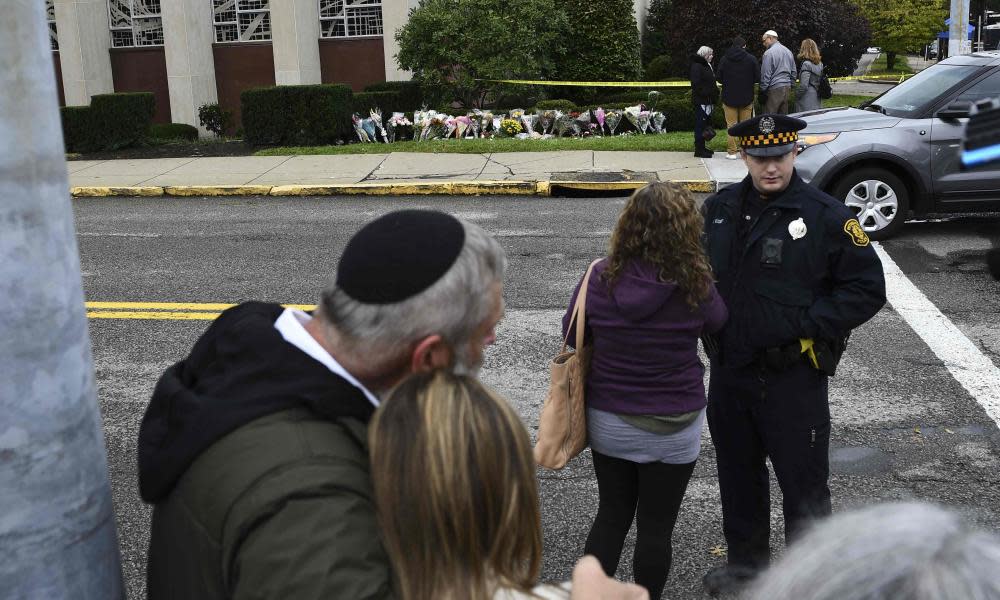Why I’ll never again insist: I’m not Jewish

It’s never a good sign when someone sitting across from you over dinner starts crying. Less so when you’re in a friend’s flat, the person with tears rolling down their cheeks is a stranger and you’re the one to blame. Of course, I didn’t think I’d done anything wrong. She, a Jewish American, had been taken aback when I’d been clarifying for some friends (yet again) that, no, I’m not Jewish, yes, my name is Moses, no my parents aren’t Jewish, I do have curly hair, that doesn’t make me … I was adamant.
The effect it had on the one Jewish person around the table took me aback. “How can you deny it? It’s so sad that you’re ashamed of your Jewish identity, your heritage.” And then the tears. I quietly slipped out of the room.
The thing is, as hard as it is to believe for anyone who knows my name or even just sees me (I’ve been mistaken for a rabbi), I’m not Jewish, not in any way I consider meaningful – and I haven’t changed my mind about that. My mother isn’t Jewish, her family isn’t, my dad’s parents were Jewish, but they never practised the religion. There wasn’t any of the cultural aspect in my childhood, no Friday night dinners or happy Hanukahs to remember. Sure, I have Jewish heritage. Two of my grandparents were Jews, many Jews would consider me to be half-Jewish and, of course, the Nazis would have considered me to be Jewish. But I have none of the familial, cultural or religious trappings of Judaism; it simply isn’t part of my identity.
And yet, the past couple of years have made me question why I felt the need to push back so hard whenever someone told me I was Jewish. Because people don’t ask me, they tell me, and that made me bristle. But there are more important things than people defining who I am for me.
The rise of antisemitism has been shocking to many – more than it should have been. Everything, from the murders in Pittsburgh to the Soros attacks on the front page of British newspapers that echo dog-whistle racism, has shown that the taboo around bigotry towards Jews has lost some of its power. It is undoubtedly my privilege speaking, but when I was young the idea of widespread antisemitism seemed far-fetched. Nazis were the go-to villain in everything from Indiana Jones to videogames such as Wolfenstein. The Holocaust was within living memory, taught as the worst event in human history, a stain that could never be removed from our conscience, but 25 years later Holocaust denial is on the rise.
Antisemitism never really crossed my path. I might have had the odd terrible joke about my surname (“How are the commandments going … parted the Red Sea yet?”) and some random comments on the street (“Look at you, with your Jew beard”) – but nothing to make me think it was anything more than random, isolated incidents. Antisemitism existed but it was small, unimportant, and on the way out.
Foolishly, I didn’t think of Jews as a group that needed protection any more – we’d dealt with antisemitism. That itself was a form of prejudice – I believe it’s at the heart of why so many on the left are resistant to the idea that it exists among their cohort. “There are bigger fish to fry – Jewish people no longer need our help.” That’s a very dangerous assumption. It allows the “real” racists to come out and play. And come out they have.
So I’m not going to correct people who insist that I’m Jewish any more. I don’t consider myself Jewish, but I would hate for anyone to think I saw it as a label of which to be ashamed. It is not. If my past protestations could have fed into that, then I’ve been part of the problem. And doing this is not about trying to appropriate the suffering that Jewish people have endured, and continue to endure. If someone sincerely asks me if I’m Jewish, my answer will remain the same. I’ll never claim special insight because of some long-ago heritage, I will not take up space that should be given to Jewish people to share their experiences, I am not a representative of any group of people.
But I’m not going to quibble if I’m wished a happy Hanukah, I’ve got no reason to be ashamed and every reason to be proud of my Jewish origins. And I’m certainly not getting into any more arguments about that aspect of my identity. There is no benefit to anyone in that debate. An appropriate response to antisemitism could never be: “I’m not even Jewish.” Because if, in the act of correcting people, it sounds like a rejection of the label, an embarrassment to be shrugged off, I’m doing a disservice to my Jewish friends and Jews suffering due to antisemitism around the world, not to mention the memory of my own grandparents.
• Toby Moses is deputy Opinion editor

 Yahoo News
Yahoo News 
